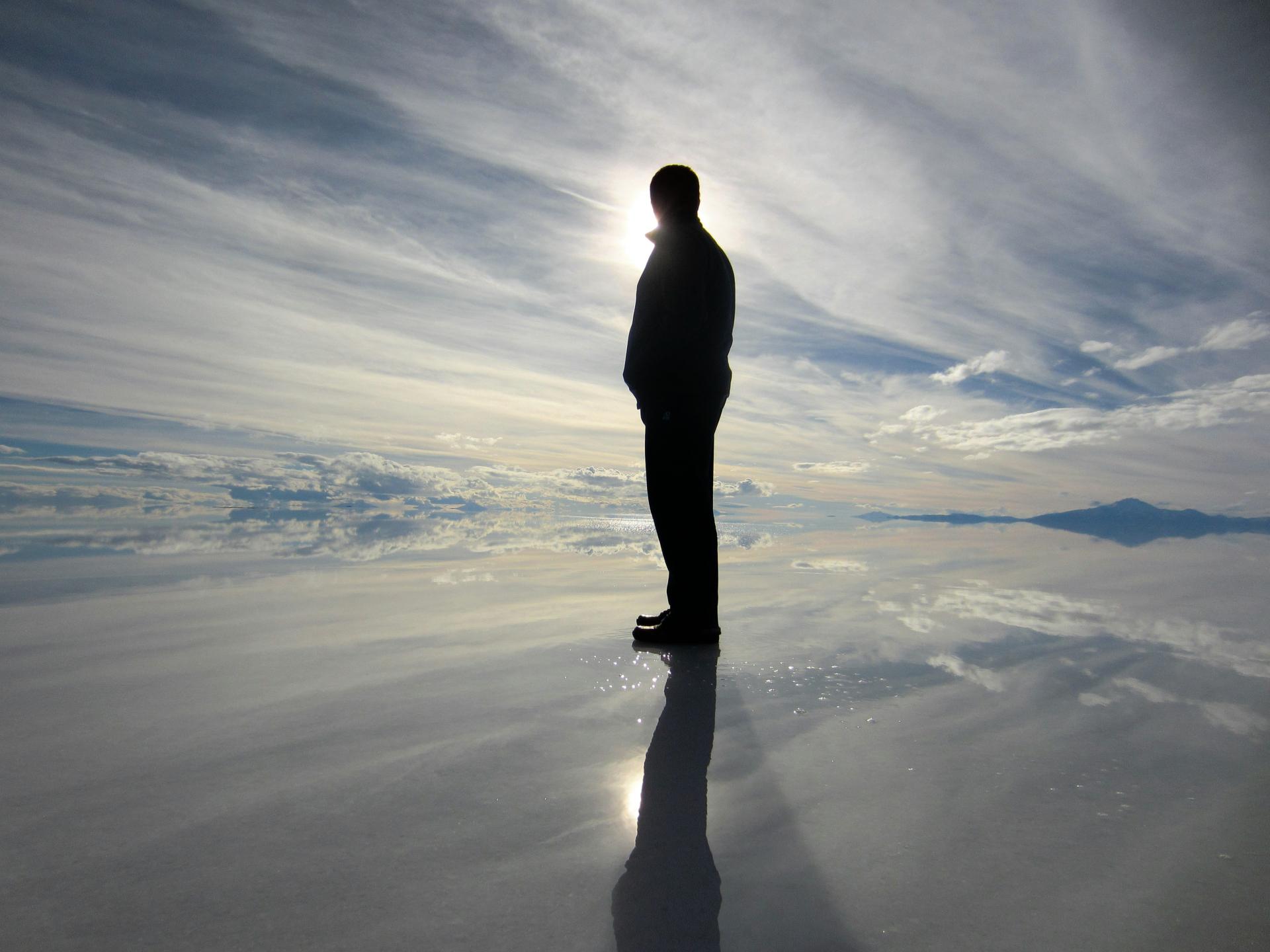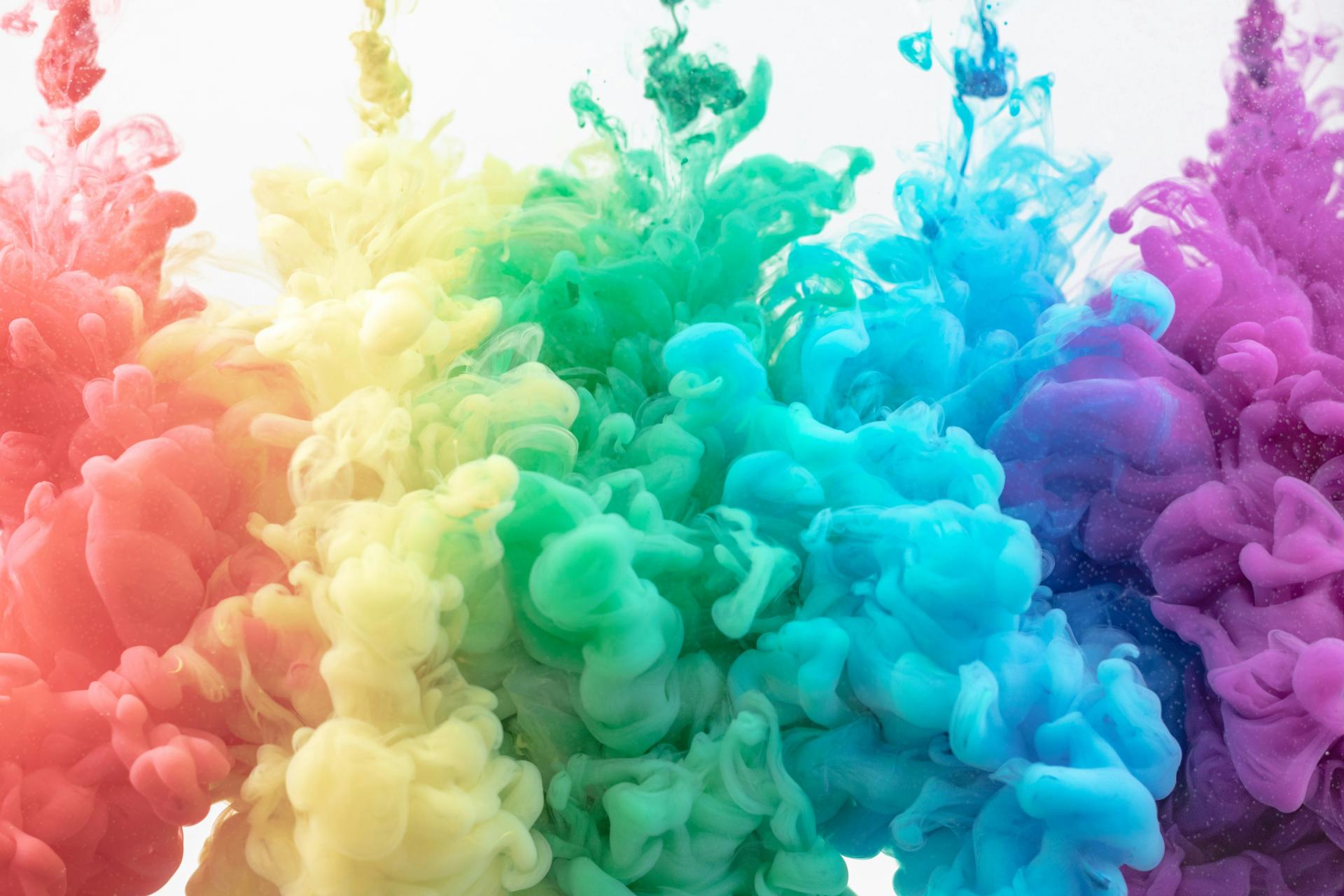
Learning as a Way of Life

Are you someone who always wants to understand how things work? Who can get completely absorbed in books, articles, or podcasts—simply because you want to know? Maybe you recognize that feeling of never knowing enough, of always wanting to dig deeper. It’s something I see often in my clients—and something I know all too well myself.
I love learning. Discovering how people think, feel, and behave. Making connections between topics that may seem unrelated at first: introversion, giftedness, neurodiversity, psychology. The more I learn, the more coherence I see—and the more I realize that I’ll never be done learning.
In my work as a coach, my interests often seem to go in many directions. Psychology, neurodiversity, giftedness, introversion—these are themes that intersect and strengthen each other. Sometimes people ask me, “Wouldn’t it be better to choose just one?” But to me, they belong together. When I talk about introversion, it’s often also about sensitivity to stimuli or the way someone processes information. When I talk about giftedness, I soon find myself discussing meaning, identity, or perfectionism. And at its core, neurodiversity is about the same thing: recognizing and appreciating that people differ—in how they think, feel, and learn.
To me, it doesn’t feel like driving on three separate tracks, but rather like exploring one vast, layered landscape. The more I learn, the more patterns I see. And that’s exactly what keeps me going.
Depth
I don’t just want to know something—I want to understand it. To get to the core. To dive into research, connect ideas, test hypotheses. But also to listen to people’s stories, because those bring theory to life.
Still, that drive for depth has a downside. When you always want to know more, it rarely feels like you know enough. It can become a never-ending quest that’s never quite complete. I recognize that not only in myself but also in many of my clients. They read, take courses, gather knowledge—while continuing to doubt whether they “know enough” to take the next step. Sometimes I ask them, When is it enough?
And usually, there’s a moment of silence.
Recognition
Many of the people I coach are naturally curious. They think fast, notice details, and want to understand before they act. Those are beautiful qualities. But that same drive can also be paralyzing. Because if you only dare to move once you fully understand, you may never move at all.
I recognize that too. I’ve had moments when I thought, Just one more book—then I’ll know enough. But knowledge alone doesn’t move you forward. It only becomes valuable when you translate it into experience, into connection, into sharing.
Over the years, I’ve learned that knowledge gains meaning when you see it as a means rather than an end. Not something to collect, but something to use. It helps to ask yourself regularly: What do I want to achieve with what I’m learning now? That question makes knowledge more practical—and keeps you from getting lost in endless exploration.
It can also help to create conscious learning rituals. Moments when you allow yourself to dive deep, but also moments when you step back and let things settle. That balance between learning and integrating keeps knowledge alive. And don’t forget: not all knowledge comes from books. What you learn through conversations, reflection, or trying things out is just as valuable—often even more so. Many people underestimate that. They think learning means taking in new information, while in reality, experience is where knowledge truly deepens.
And something special happens when you share what you know. When you talk about what you’ve learned or apply it in your work, it sticks more deeply. It also creates connection. Learning becomes something shared rather than solitary—and that makes it infinitely richer.
Maybe that’s the most important part: allowing yourself to remain a learner. You don’t have to know everything before you speak or act. You can learn as you go. Expertise doesn’t grow from perfection but from curiosity, engagement, and the courage to keep asking questions.
Connection
What I love most about knowledge is how it connects. Not in the sense of “knowing what someone else knows,” but in the ability to understand another person’s inner world.
When a client says, “I used to think something was wrong with me, but now I see I’m just wired differently,” I know why I keep learning. Every insight helps me tune in more accurately, listen more carefully, and find the right words.
For me, knowledge isn’t a static possession—it’s a living current. It nourishes my work, my thinking, and my being. And it reminds me that learning isn’t about accumulating facts, but about deepening understanding.
Never done learning
Sometimes I imagine the day when I’ll finally be “done”—the moment I’ll know everything about introversion, giftedness, and neurodiversity. But honestly, I hope that day never comes. Because the most beautiful moments arise precisely in not knowing—in curiosity, wonder, and the questions that remain open.
What I’ve learned by now is that knowledge only gains meaning when you share it. In a conversation, a blog, or a training session. And that true expertise isn’t about how much you know, but about how deeply you can connect.
So I keep learning—in books, in conversations, and within myself. Because the more I learn, the more I realize: I’m never done learning.
And that’s exactly what makes it so fulfilling.

About the author
- Karolien Koolhof is a coach voor introverts and gifted individuals
- Author of the book Introvert Leadership
- Contact

